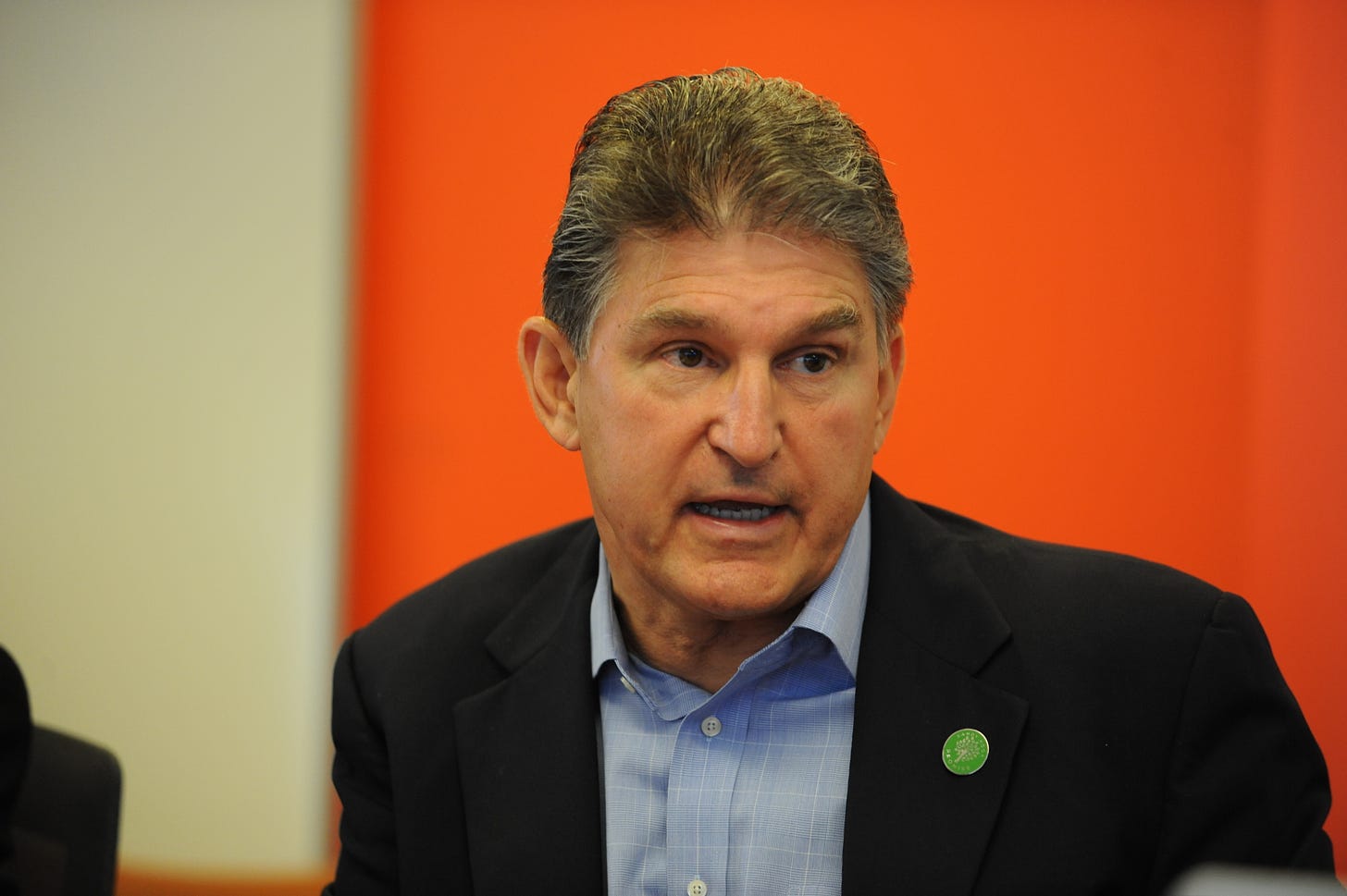Welcome to Planet Days, a green newsletter for a greenwashed Planet.
If you’re new to this newsletter, every Monday we curate a five-minute roundup of the latest climate news and what it means for our Planet. If this was forwarded to you, smash that subscribe button:
Before we get started, some quick housekeeping. Brandon got a concussion over the weekend (he’s fine!), so we’ll have to take the next week off. That said, he expects a full recovery, and we plan on the next newsletter being Monday, August 1st.
Now, the top climate stories from last week:
Monday, July 11
Putting a price tag on nature
A new report published last week offers the first set of guidelines for valuing the costs and benefits of nature, something countries have long tried to do to justify development.
Instead, researchers found nature’s broader benefits — psychological, physical, etc. — have consistently been overshadowed by short-term economic decisions, plunging us into a biodiversity crisis. To address the ever-worsening condition of our Planet, ironically, we must consider more than a simple price tag on nature. Grist has more.
Tuesday, July 12
Rich countries cause trillions in global damages
Speaking of money, a separate report finds that rich countries like China and the United States are costing trillions in climate damages — and poorer nations are dealing with the consequences.
Researchers compared emissions, local climate conditions, and economic changes among nations to find just five countries were responsible for $6 trillion in financial damages from 1990 to 2014, with the U.S. topping the list at $1.9 trillion. CNN reports the findings could shape talks ahead of COP27 later this year and frame legal action against the heaviest hitters.
Wednesday, July 13
Heat, wildfires scorch Europe
Everyone is feeling the impacts. Last week, Europe — in its second-consecutive month of record-breaking heat — saw blazes spark in Portugal, Croatia, southern France, and Spain. Thousands of people were evacuated and hundreds more injured in the fires.
Across the Mediterranean, strong winds fed wildfires in Turkey, sparking fears of another record fire season following their deadliest last year. Meanwhile, Italy is seeing its worst drought in 70 years, threatening important exports like risotto, passata, and olive oil.
The heat and fires took residents off-guard, but experts say it’s all par for the course in our climate-changed world. The Associated Press has full updates.
Thursday, July 14

Build Back Never
After a year of tortuous negotiations, President Biden’s signature climate bill, Build Back Better, is finally dead, The New York Times reports. Sen. Joe Manchin (D-WV), a conservative lawmaker with deep financial ties to the coal industry, said he would not support funding for climate or energy programs, citing concerns about inflation.
It has been a year of frustrating negotiations with Manchin, who holds the swing vote in a Senate split 50-50 by party. Just last week, Democratic lawmakers were closing in on a bill with $300 billion in climate provisions (down from $550 billion in the House-passed version) before talks abruptly ended. Though Sen. Manchin left the door open to future talks, Biden seems done negotiating:
“If the Senate will not move to tackle the climate crisis and strengthen our domestic clean energy industry, I will take strong executive action to meet this moment,” Biden said in a statement.
U.S. climate shortfall
The death of Build Back Better all but guarantees the U.S. will not meet its climate goals, according to new analysis by the Rhodium Group. Without new legislation, the U.S. is on track to slash emissions 24–35% by 2030 — a far cry from Biden’s pledge last April to cut emissions 50–52% by 2030.
With Build Back Better off the table, Democrats likely to lose control of Congress in November, and an increasingly hostile Supreme Court, options are dwindling for a president who campaigned on climate action not long ago. The Washington Post has more.
Copper crunch
Another barrier to climate action is a global shortage of copper, a new S&P Global report points out. That’s because copper is key to a greener future, in everything from electric vehicles to batteries to solar and wind power.
“The energy transition is going to be dependent much more on copper than our current energy system,” Daniel Yergin, S&P Global vice chairman, told CNBC. “There’s just been the assumption that copper and other minerals will be there.”
But increasing demand for copper, which is expected to double by 2035, will stress future supplies. If copper production continues as is, we’ll likely see a “20% shortfall from the supply level required for the Net-Zero Emissions by 2050 target.” Even with optimistic assumptions of recycling and mining, copper demand will still outpace supply in coming decades.
China’s heatwave triggers power cuts
It’s not just Europe facing billowing climate challenges. China’s extreme weather continued through last week, as record-high temperatures brought power cuts and cases of heatstroke to several provinces.
Over the past month, the heatwave has already impacted an estimated 900 million people, adding to the hundreds of thousands displaced by major floods. And it shows no signs of slowing down. On Wednesday, 76 weather stations broke temperature records — many exceeding 108 degrees Fahrenheit. Bloomberg has more.
Bonus
Books to make your travel greener
Last week, Brandon wrote about the environmental positives of using public transit for your next adventure. But taking the train is only one of the things you can do to make your summer travel climate-friendly.
Before you head out on your own cross-country train trip, check out this list of green travel books from The Washington Post to help you keep sustainable (and entertained) while on the road.
Have a great two weeks,
Brandon and Sam






